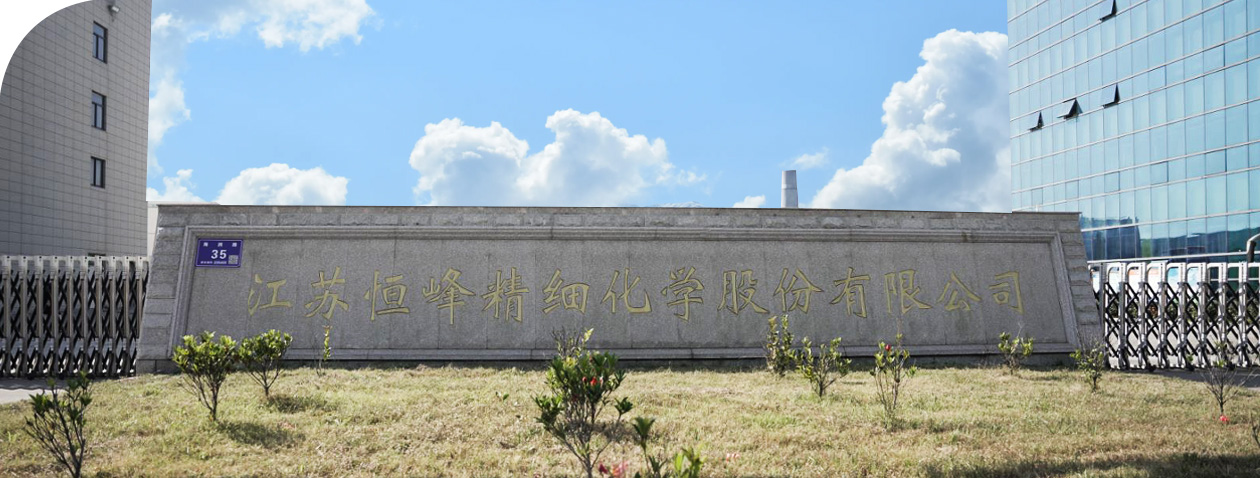What are the benefits of using flocculants in solid-liquid separation?
Flocculants play a crucial role in enhancing solid-liquid separation processes across various industries, with notable advantages that contribute to improved efficiency and outcomes.
Increased Settling Rates: Flocculants promote the aggregation of fine particles into larger flocs, speeding up the settling process. This results in quicker sedimentation and separation of solids from liquids.
Improved Clarification: The use of
Mineral Processing Flocculants leads to clearer and cleaner liquid phases by aiding in the removal of suspended particles. This is particularly beneficial in mineral processing, water treatment, and other applications where clarified liquids are essential.
Enhanced Filtration: Flocculation facilitates the formation of larger and more easily filterable particles, making filtration processes more effective. This is crucial for industries requiring high-quality filtrates.
Increased Yield in Mineral Processing: By efficiently separating minerals from the surrounding gangue material, flocculants contribute to higher mineral yield during processing. This directly impacts the economic viability of mining operations.
Reduced Water Usage: The improved solid-liquid separation achieved with flocculants allows for the recycling and reuse of water in various processes. This not only conserves water resources but also aligns with sustainable and environmentally friendly practices.
Optimized Dewatering Processes:
Mineral Processing Flocculants assist in dewatering sludges and slurry, leading to the production of drier solids. This is advantageous in waste management and other industries where reducing moisture content is essential.


 English
English Español
Español عربى
عربى Русский
Русский Tiếng Việt
Tiếng Việt













